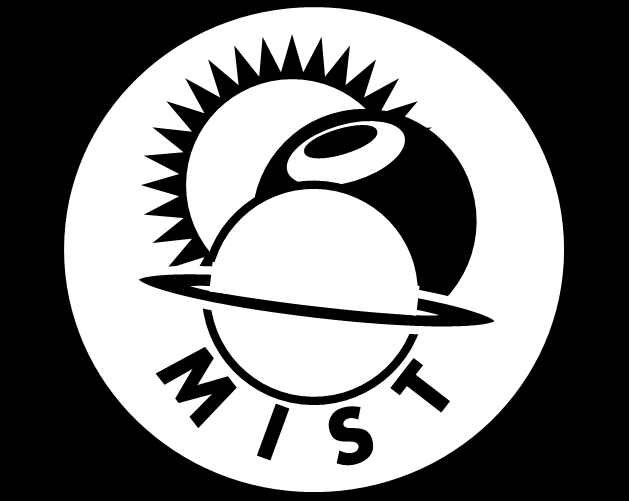MIST
Magnetosphere, Ionosphere and Solar-Terrestrial
RAS discussion meeting on planetary astronomy with H3+
An RAS Specialist Discussion meeting entitled "30 Years of Planetary Astronomy with H3+" will be held on 14 December 2018 at the Royal Astronomical Society at Burlington House. This meeting is co-convened by Steve Miller (UCL) and Nick Achilleos (UCL).
Confirmed speakers include the co-convenors, alongside Sarah Badman (Lancaster), Marina Galand (ICSTM), Jean-Pierre Maillard (Observatoire de Paris), Henrik Melin (Leicester), Renee Prange (LESIA), Licia Ray (Lancaster) and Tom Stallard (Leicester). Talk and poster abstracts are welcome, This email address is being protected from spambots. You need JavaScript enabled to view it.
The RAS listing for the meeting is available here and the meeting abstract is as follows:
2018 marks the 30th anniversary of the serendipitous discovery of the H3+ molecular ion in Jupiter’s northern aurora. The discovery itself was the result of an impromptu collaboration between astronomical observers, telescope instrument builders, laboratory spectroscopists and molecular physicists. H3+ emission has subsequently been detected from Saturn and Uranus, of the Solar System’s giant planets, but not Neptune. As an energetic and reactive molecular ion, H3+ is now used as a tracer for energy inputs, via particle precipitation, into giant planets’ atmospheres from their enormous magnetospheres: variations in emission levels are used to monitor both shorter-term magnetospheric dynamics, caused by changes in internal (plasma density) and external (solar wind dynamic pressure) factors, and longer-term changes that may result from the solar cycle and seasonal changes in solar irradiation. The final results from Cassini – particularly the VIMS instrument – and new measurements from JUNO mean that there is a wealth of data to add to and complement that being generated from ground-based observations. All-in-all, there is a wealth of material to review and huge current interest in just how this simple molecular ion behaves and what it tells us about planets in our Solar System and beyond.
